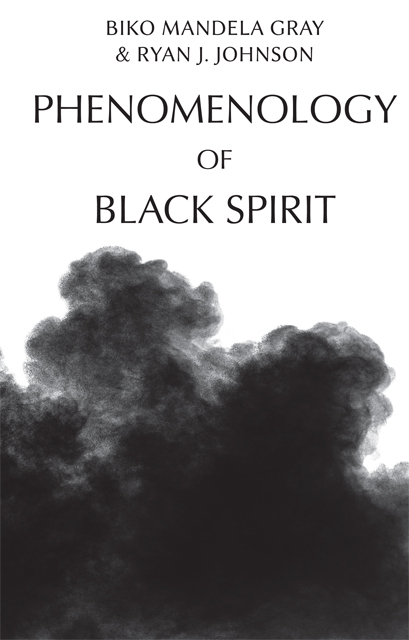6 - Self-mortification
Published online by Cambridge University Press: 10 August 2023
Summary
Ella Baker threw herself into the community. She never wrote much. All we have are the traces of her found in what she said and who she taught. Perhaps this is why her memory – if she is remembered – is subsumed under King’s monolithic legacy. After all, there is no Ella Baker bust at the Capitol, no holiday in her name. Baker worked in the shadows of mythologised men, in the wings, quietly directing backstage for the star of the political show.
As the last chapter demonstrated, however, Baker maintained a strong sense of self. She knew who she was and what she could do. She understood her value, her effectiveness, her power. And yet, she also knew that her power was nothing without others. Her power was to empower. Her selfhood was characterised by her capacity to help others fashion themselves. She may have been a charismatic, powerful speaker, and she certainly had the strategic and intellectual gifts to lead a movement. She just chose to lead from within, from the middle (Mitte), which is to say, her selfhood, her self-identity, was situated within, in relation to those she sought to empower.
Such a self can be easily read as self-negation, as it appears – but only appears – that Baker lost herself in the movement. While it would not be accurate, it is possible to interpret her life and legacy as a perpetual work of self-abnegation in the service of a larger ideal. There may be no widespread recognition of her, but that was not her aim. Freedom was. Black freedom. To the extent that she contributed to that, it would seem that Baker was satisfied. Like Hurston, Baker might have died without the recognition and resources that she deserved, but the truth remains that her work was a work of self-negation – by which we mean that she actively limited herself in favour of the community.
Limiting oneself (sich einschranken), however, is different to mortifying (sich kasteien) oneself. We might not remember Baker the way we should, but that is not because of her. It is because of us. It is because her work of self-negation succeeded, because she was the agent in the work of limiting herself in the name of something greater. Self-negation, unhappy consciousness learns, is still an act of the subject.
- Type
- Chapter
- Information
- Phenomenology of Black Spirit , pp. 219 - 260Publisher: Edinburgh University PressPrint publication year: 2022



